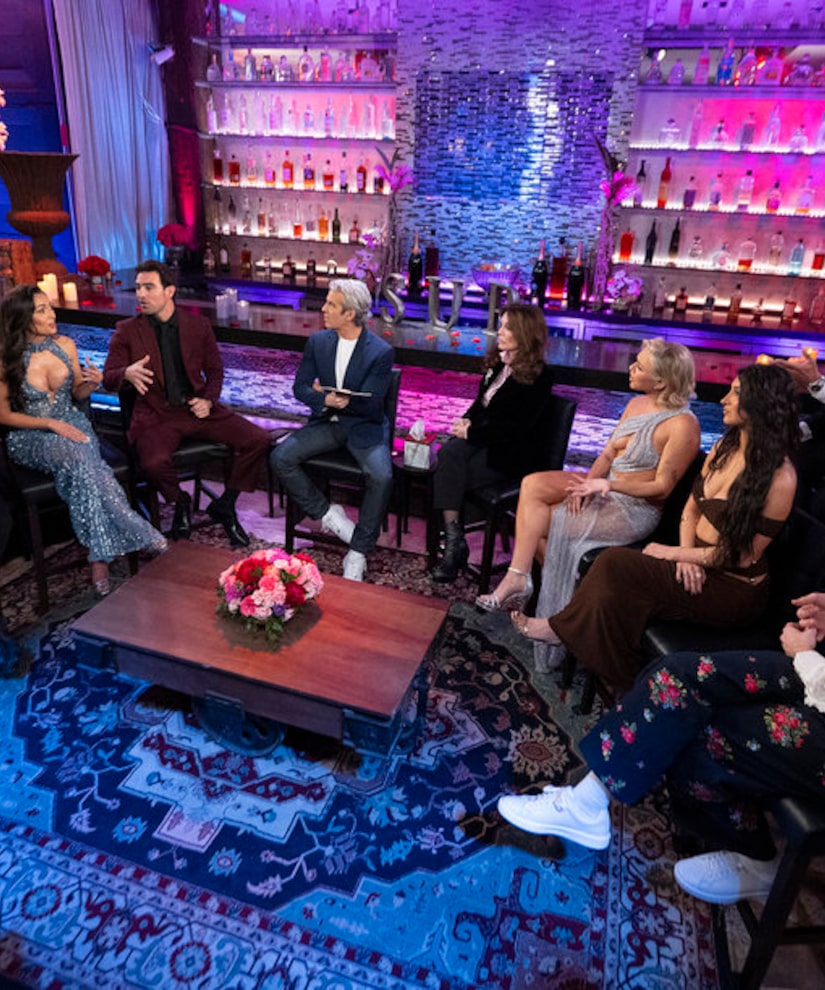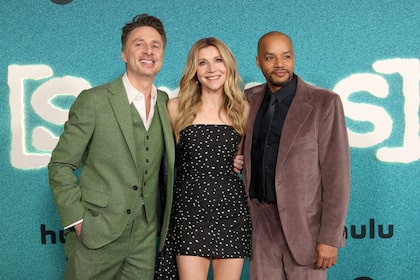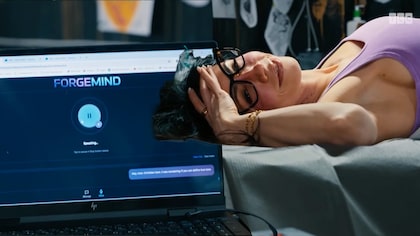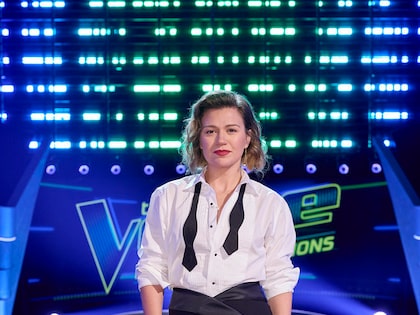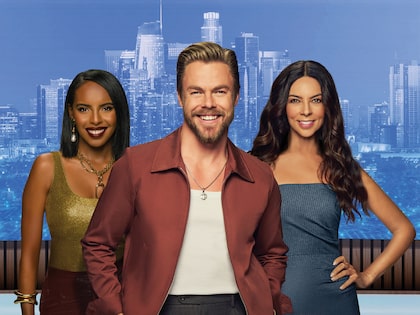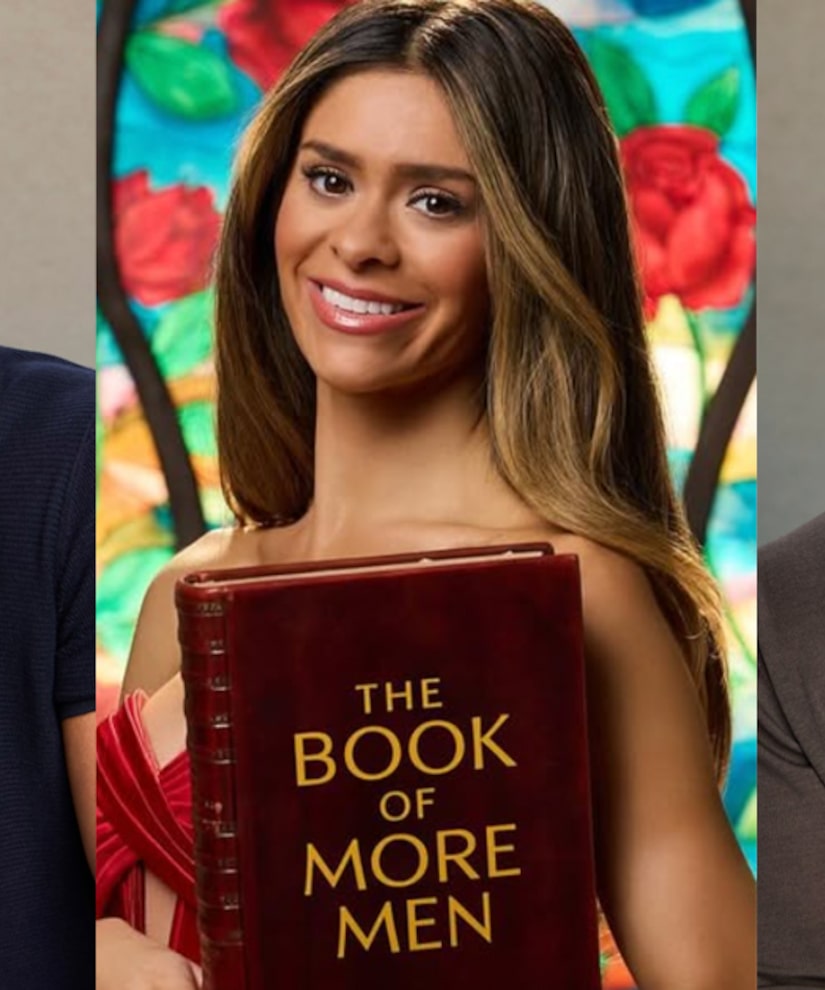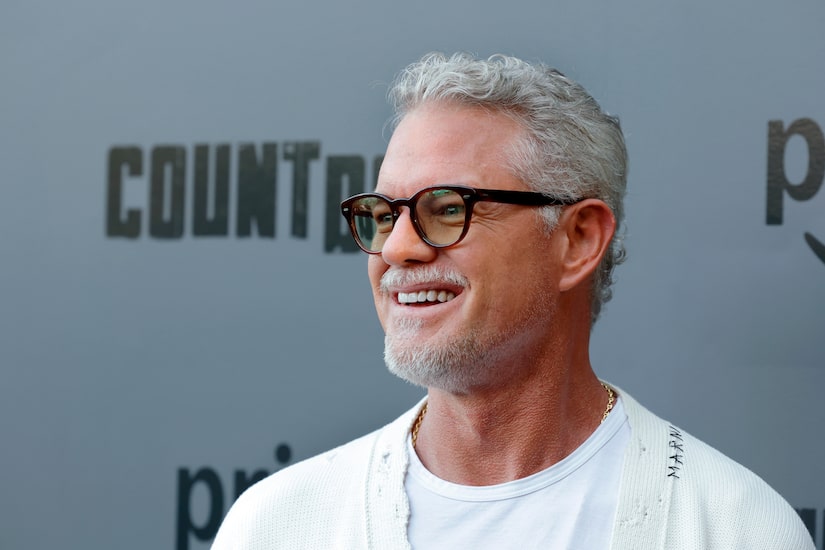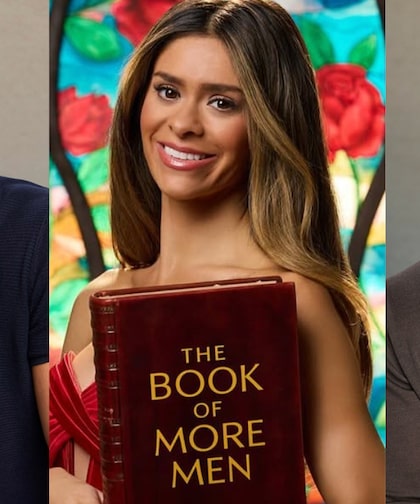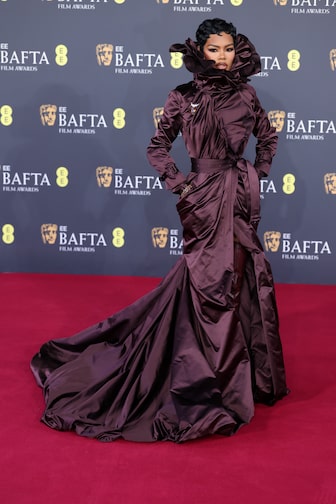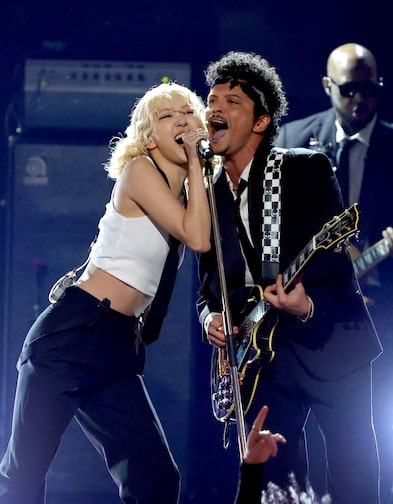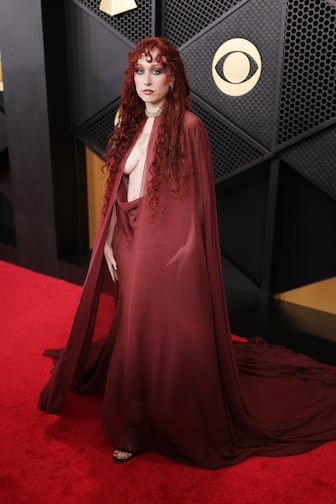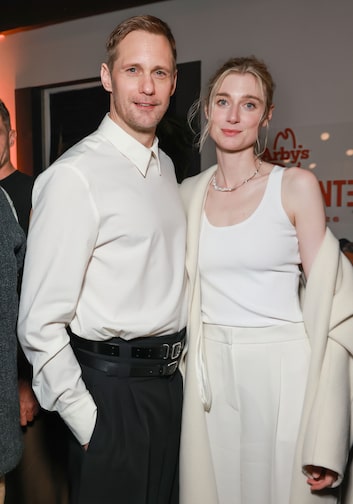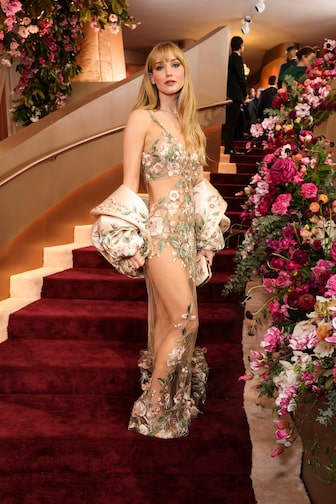Television June 10, 2020
Oprah & Gayle Ask Tough Questions About Racism and Justice in Separate Specials
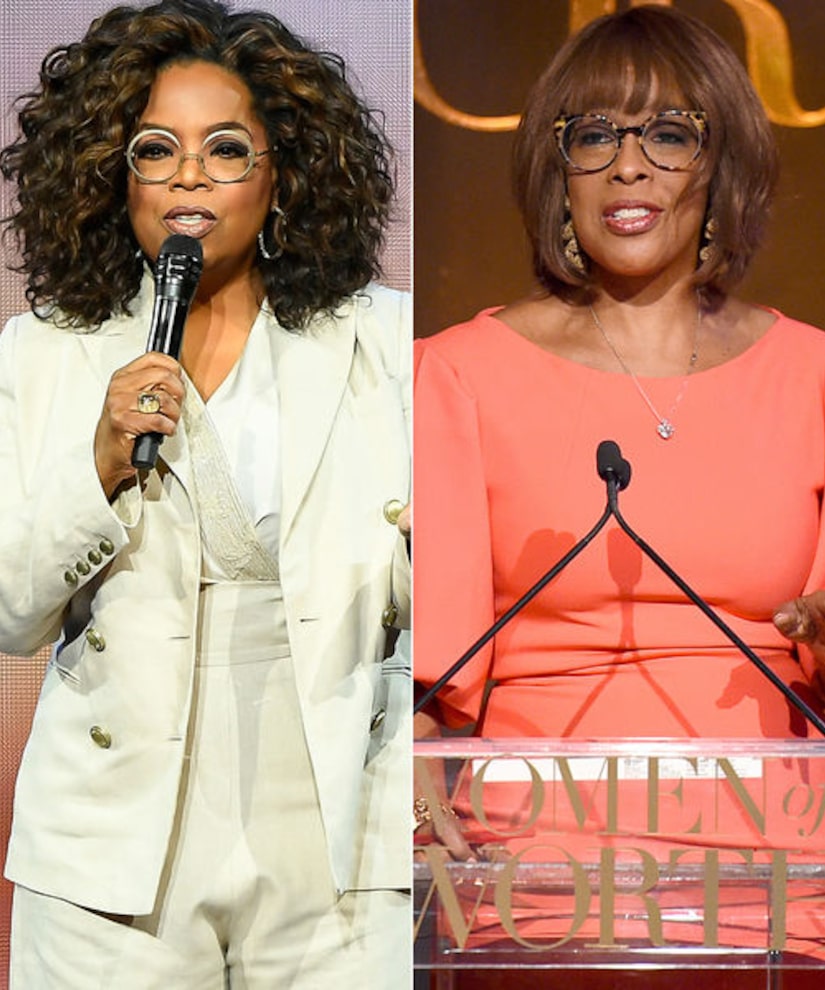 Getty
Getty
In the wake of George Floyd's death, Oprah and Gayle King hosted separate specials on racism in America Tuesday night.
Oprah's "OWN Spotlight: Where Do We Go From Here?: Part 1," included a town hall discussion and conversations with stars like actor David Oyelowo and director Ava Duvernay. Gayle's “Justice for All” special on CBS explored how Floyd's death during an arrest sparked a movement across the country, and featured both King's interview with Christian Cooper and Norah O'Donnell's conversation with presidential hopeful Joe Biden.
Oprah began by saying, “We can't even begin before we acknowledge the hurt and the pain which we've all seen and felt as visceral. The family that is our country, I believe, can't move forward without calling out that pain… And just like all of you for the past few weeks, I've been talking and Zooming with friends, and the same question keeps popping up over and over: Is this the moment that will finally change our country, where people will recognize systemic racism for the problem and the evil that it is?”
Oprah later spoke with Oyelowo, who played Martin Luther King in “Selma.” He told her, "I had made the mistake of thinking that things would be different for my son. I say mistake because I had watched things progress in some ways. And then the knee on the neck is so symbolic of so much. It's something I didn't realize that I had internalized in a way that makes it difficult for me to function. I didn't realize how deep the wounds were. I have spent so much of the last two weeks crying."
He went on, "Those conversations are already emasculating to basically say, 'Forget about justice in an interaction with the police.'"
Oprah told viewers, "Yeah. And for everybody who's watching who is not black, that is the conversation, that is the talk that every black parent has had to have with their children, particularly their sons.”
Ava, who directed “Selma,” “13th,” and “When They See Us,” also sent a strong message about the recent protests versus incidents of looting, saying, “If your concern with the murder of black people by police can be deterred because someone is taking a pair of jeans from Target, then you've got to look at how much you cared about the murder of the black people by the police to begin with.”
Watch part one at Oprah.com and tune in to OWN tonight at 9 p.m. for part two.
Gayle's “Justice for All” special also focused on racism and police brutality. She spoke with Christian Cooper, the birdwatcher wrongly accused of threatening white woman Amy Cooper in Central Park while she was walking her dog off leash.
He told King, “She pulled the pin on the race grenade and tried to lob it at me… She was going to tap into a deep, deep dark vein of racism, of racial bias that runs through this country and has for centuries.”
His sister Melody, who posted the video of the encounter on Twitter, was also interviewed. She told Gayle, “All I could think of was the police arriving and throwing him to the ground and putting him in a chokehold.” She added of the seeing the video of Cooper, “I had seen videos like this before. I'm through with it. I'm through with the weaponization of white women's tears and there is a history of it, from Emmett Till, which we all know… it hit home, it struck a chord for me to see my brother put through that.”
Christian, a 57-year-old Harvard-educated science editor, also pointed out, “There is a reason why I've never worn contact lenses,” explaining, “Because people react differently to a black man who wears little round nerdy glasses and to one who doesn't.”
Amy was fired from her job and has since apologized, saying in part, “I hope that a few mortifying seconds in a lifetime of 40 years will not define me in his eyes.”
Christian told Gayle, “I don't know whether she is a racist or not, I don't know her life, I don't know how she lives it. That act was unmistakably racist, even if she didn't realize it in the moment. I'm not sure a person's life should be defined by 60 seconds of poor judgment.”
King noted that they asked the White House for an interview, but they declined. Democratic presidential nominee Biden did speak out, telling O'Donnell that there is “absolutely” systemic racism in the law enforcement. He went on to say, “But it's not just in law enforcement, it's across the board. It's in housing, it's in education, and it's in everything we do. It's real. It's genuine. It's serious. And it is — it is able to be dealt with. Look, not all law enforcement officers are racist; my lord, there are some really good, good cops out there. But the way in which it works right now is we've seen too many examples of it."
He also wants a national standard for appropriate police conduct, saying, "I've laid out a whole plan — how I would do that. Number one, you have to start off by insisting that the police departments meet a national standard of what constitutes policing that is appropriate. And that's one of things we gotta set out, that national standard. And all police departments are gonna have to adopt it. We'll put together a commission to do that."
Biden also said he supports much of the Justice in Policing Act of 2020, which would make lynching a federal crime, outlaw chokeholds, create a national police misconduct registry, and more. He said he does not support defunding the police, but feels federal aid to the police should be based on their ability to demonstrate they can protect everyone in the community.




